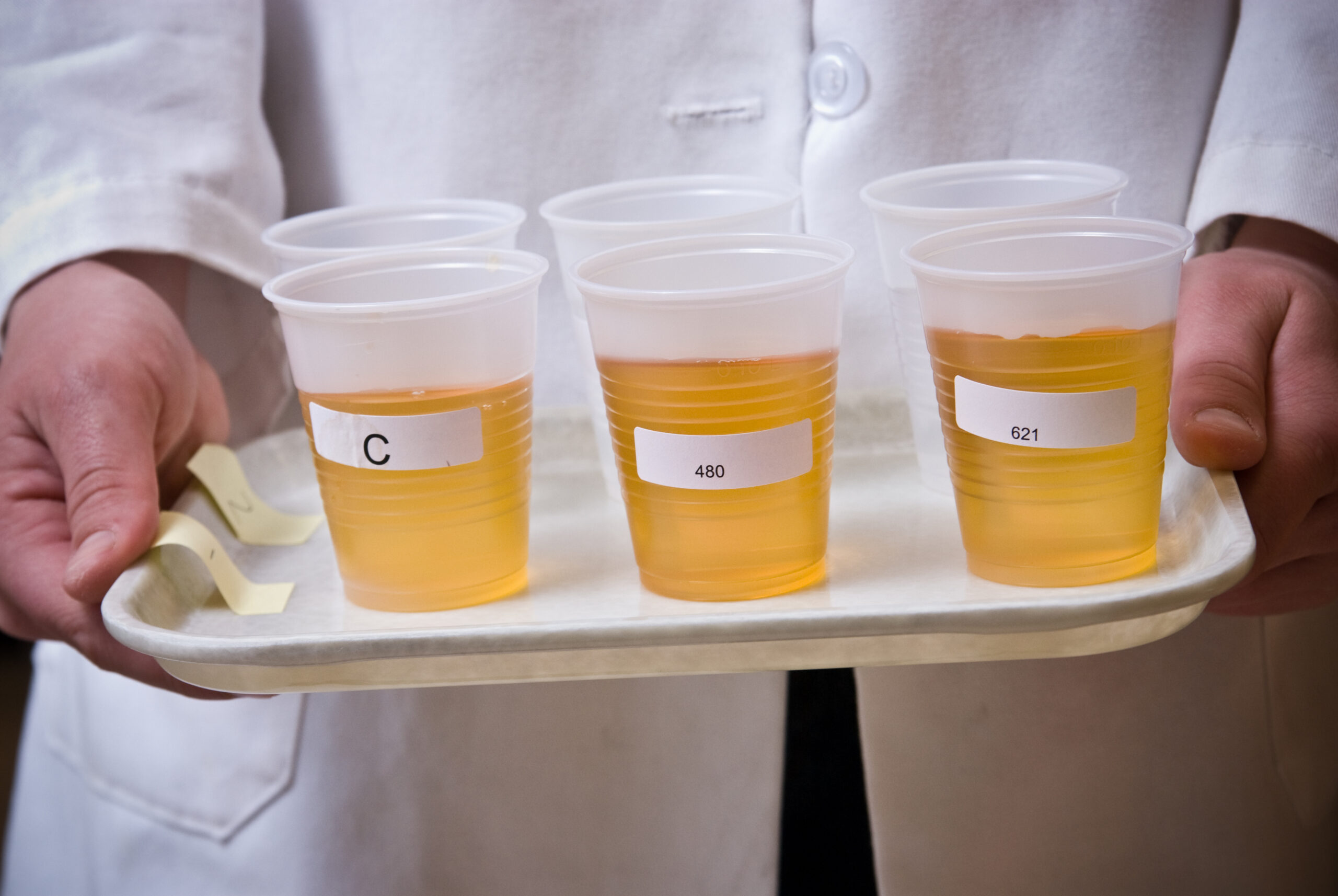Every month, some of Hendricks County’s middle and high school students are summoned to their school nurse’s office, where they’re handed a small cup and asked to urinate into it. They’ve been selected to provide a sample as part of their school’s random drug testing program.
While most people assume that the primary purpose of student drug testing is to catch kids who are doing bad things, it’s not. Schools primarily adopt testing to create a deterrent – to give students a legitimate reason for standing up to peer pressure. “If I smoke that and get tested, I could get kicked off the team!” And in the happily rare instances when a test does reveal inappropriate behavior, the tests alert schools and parents to a need for help, not punishment.
A common complaint about drug testing is that only “good” students get tested, like athletes and kids in the band and choir. Guess what? Good kids sometimes do bad things. But more important, schools cannot force students to participate in random drug testing. The reason? State law enshrines the right of every student to an education. Schools are not allowed to make that right contingent upon passing an involuntary random drug test. (Indiana law provides an exception if a student is visibly intoxicated, but that’s not part of random testing programs.)
On the other hand, it’s perfectly legal for districts to say students cannot play sports, perform in fine arts, drive to school, or attend the prom without first signing up for random testing. Why? All of those things are privileges granted by the school; not legal rights enshrined in the law.
As each school year begins, furious discussions erupt in online chatter pages from parents who can’t believe their well-behaved youngsters are being subjected to the embarrassment of peeing into a cup. They claim to have no knowledge of the process, although the schools can easily produce the consent forms they apparently don’t remember signing. Schools can’t randomly test students without parental permission. Period.
Another common complaint is that programs aren’t really random. “You’ll notice the star point guard never gets tested!” Actually, the schools have to be able to prove their programs are truly random in case there’s a court challenge. Districts normally have the labs that process tests select the students from the testing pools by using random numbers. Most students will go through middle and high school without ever being tested, and there are students who will get chosen multiple times. Not to inject math into an education column, but it’s all about the nature of probability and not someone’s attempts to rig the system.
Plainfield was the last of Hendricks Country’s six districts to adopt random testing, and I’ll confess that I was hesitant for us to add it. It’s not because I was afraid to protect kids, but I wanted to make sure that they would not face lifelong consequences for doing something dumb as a kid. We adopted a program that focuses on counseling and assistance.
(Some residents wonder whether teachers and administrators are also subject to drug testing. To the best of my knowledge, they’re not anywhere in Hendricks County. Two reasons: first, Indiana school districts are union employers, so school boards can’t force testing without negotiating with the union. Second, there aren’t significant symptoms of widespread drug use among educators.)
